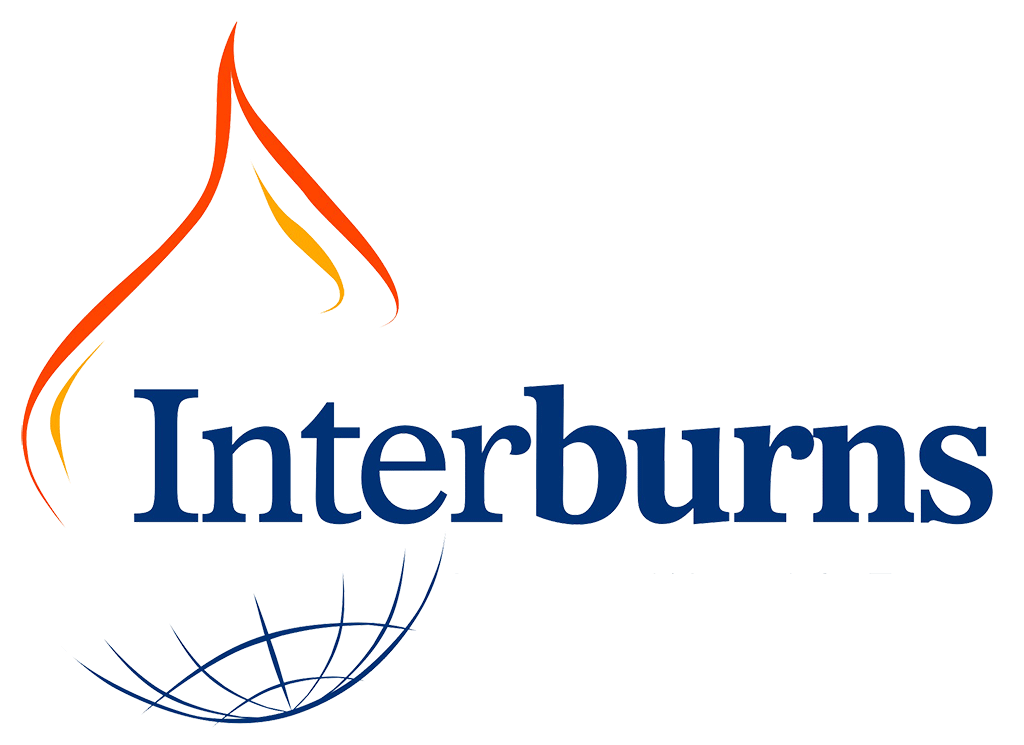First ABC Surgery held.
Burn surgery is a critical aspect of effective burn care but in many countries patients with burn injuries are operated on by surgeons with little or no specific training in burn surgery. Interburns began developing ABC Surgery in early 2018. This first training has been held at the Interburns Training Centre, Kirtipur Hospital, Nepal from the 19th-23rd November 2018. The programme included general, plastic, and paediatric surgeons from Nepal, Bangladesh, Afghanistan, Ethiopia, Malawi, India, Nigeria, Uganda and the Occupied Palestinian Territories.
‘ABC Surgery’ completes the trio of modules supporting the core members of the burn care team (surgeons, nurses and therapists). It covers all aspects of surgical care from the acute and emergency stages in the first 24 hours through to reconstructive surgery months or even a year post-injury.
A total of 16 faculty, 13 clinical and 3 support staff were involved, so that the programme was as interactive as possible with a high faculty to participant ratio and to build a large faculty of instructors to deliver future ABC Surgery programmes. Faculty were from 10 countries in Asia, Africa and the Middle East including Afghanistan, Bangladesh, Ethiopia, Ghana, India, Nepal, Nigeria, South Africa, the UK, and the West Bank.
The five day training programme focussed on group discussions, role play, simulation scenarios and team work. Topics covered included the importance of surgery in burn care, surgical techniques such as escharotomy and fasciotomy, debridement and skin grafting, peri-operative planning and care, analgesia and anaesthesia, reconstructive surgery, and critical care.
Participants learned how to treat extensive burns, burns in special areas (such as the face, hands and over joints), inhalation injuries, electrical burns, how to manage scars and deal with sepsis. A simulation scenario covered mass casualty situations, a relatively common occurrence in many resource-poor countries, and how to effectively manage, triage and prioritise patients in these circumstances.
The programme also covers key questions of service delivery and leadership, as many of the participants are also the directors or chiefs of burn units. This included aspects such as research and audit, quality improvement, patient safety, measuring mortality and morbidity, leadership and multi-disciplinary team work. The participants discussed how to approach the issue of palliative care when a patient has non-survivable burn injuries, a difficult topic to address in many countries.
The creation and delivery of ABC Surgery has only been possible through the efforts of many people, including our volunteer faculty who travelled far to lead the training programme.
The programme was developed primarily by Dr Amy Hughes, based on the framework created in the international consensus meeting held in Swansea, Wales in May 2018, with additional input from Tom Potokar and Sian Falder.
The programme in Nepal was organised in partnership with Nepal Burn Society and Kirtipur Hospital, with local logistics coordinated by our Nepal programme manager, Anil Dhital. Interburns would like to thank every member of our large and diverse team who came together to make this programme a success.
Interburns will develop further ABC Modules on Reconstructive Surgery and Critical Care and run further iterations of our Nursing, Rehabilitation and Surgery modules.
The next ABC Nursing programme will be held in Addis Ababa, Ethiopia, in February 2019, with the second ABC Surgery also in Addis in the first quarter of 2020.
